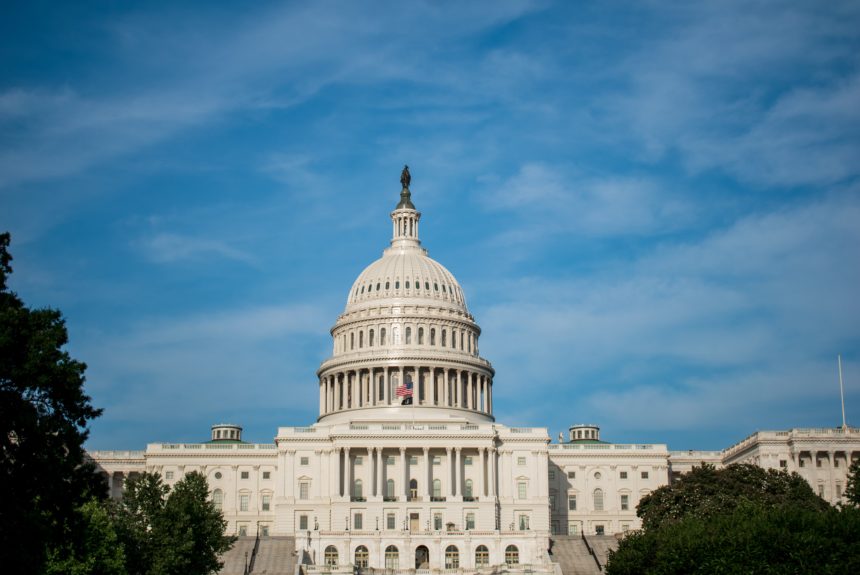The following is an excerpt from Nick Loris’ testimony before the House Subcommittee on Energy and Mineral Resources of the Committee on Natural Resources on December 2, 2021:
My name is Nick Loris, and I am the Vice President of Public Policy at the Conservative Coalition for Climate Solutions (C3 Solutions). Thank you for this opportunity to appear before the subcommittee to discuss what more public lands leasing would mean for achieving U.S. climate targets.
My written testimony consists of the following four sections:
- Emissions on federal lands by the numbers. To consider what public lands leasing means for climate ambitions, it is important to place the emissions from oil and gas development on federal lands into the necessary context. Oil and natural gas extraction on federal lands represent a small percentage of global greenhouse gas emissions, and restricting production would have minimal climate impact.
- The unintended environmental and economic consequences of restricting domestic exploration. Leasing moratoriums or drilling bans on public lands would not stop the domestic or global consumption of oil and natural gas. Reducing domestic supply would instead increase dependence on sources with less rigorous environmental standards than the U.S. Moreover, reducing natural gas supplies could prolong the use of coal. Both outcomes would have the unintended consequence of increasing pollution and increasing carbon dioxide emissions. Western states and Alaska would suffer, as energy production is an important jobs creator, and royalty revenues are a critical funding source for schools, hospitals, conservation, and other public services.
- The importance of affordable, reliable energy and a clean environment. America’s ascent to become the world’s largest oil and gas producer generates significant economic benefits for households and businesses across the country. The U.S.’s leadership on reducing energy-related carbon dioxide emissions, largely through market forces, is also cause for celebration. The energy industry continues to innovate, improve efficiency, and invest in state-of-the-art technology, all of which generates significant economic and environmental benefits. Expanding energy competition and choice would continue to supply affordable, reliable power while reducing pollution and greenhouse gas emissions.
- Continuing U.S. leadership on energy and climate change. Climate change is real, presents real risks and demands attention. Rather than impose arbitrary restrictions and bans on energy production, policymakers should implement pragmatic reforms to federal land management to drives energy and climate policy forward. For instance, integrating natural climate solutions to remediation and abandoned mine sites could create jobs, minimize environmental liabilities, and reduce emissions. Expedited permitting that maintains environmental safeguards could expand infrastructure and zero emissions technologies. In addition, Congress should empower state governments to conduct environmental reviews and permitting on federal lands, which would result in more accountable, effective management.


